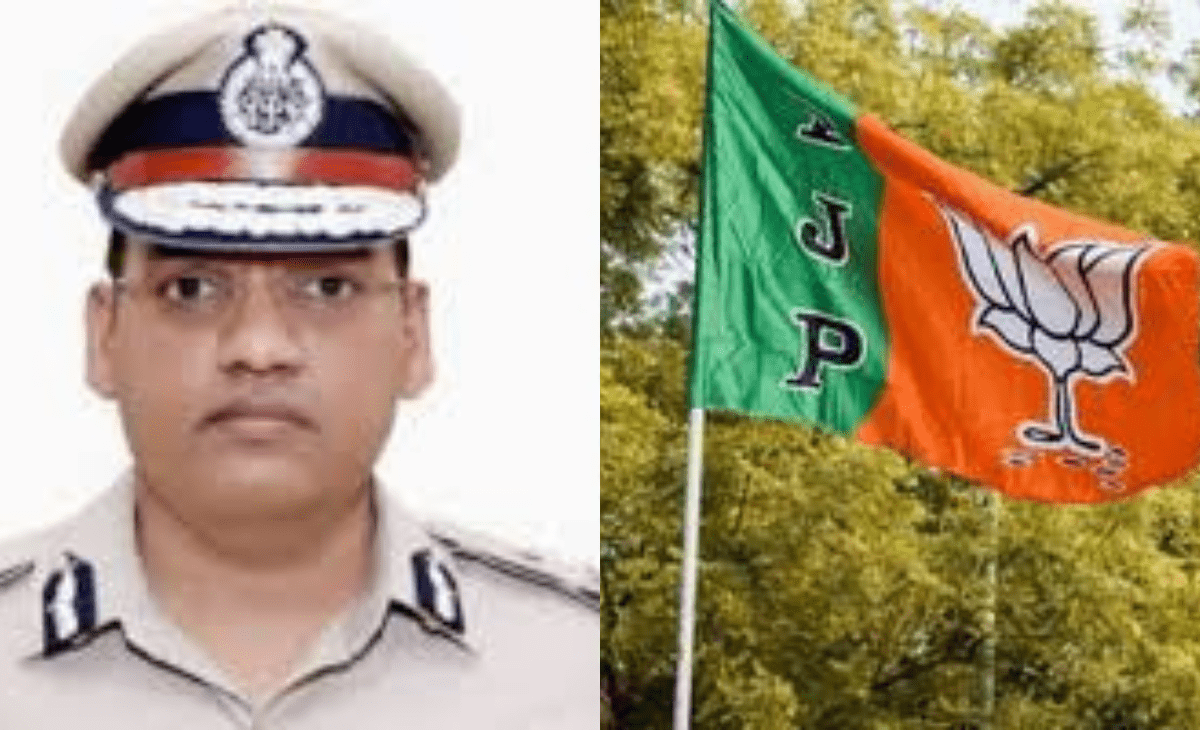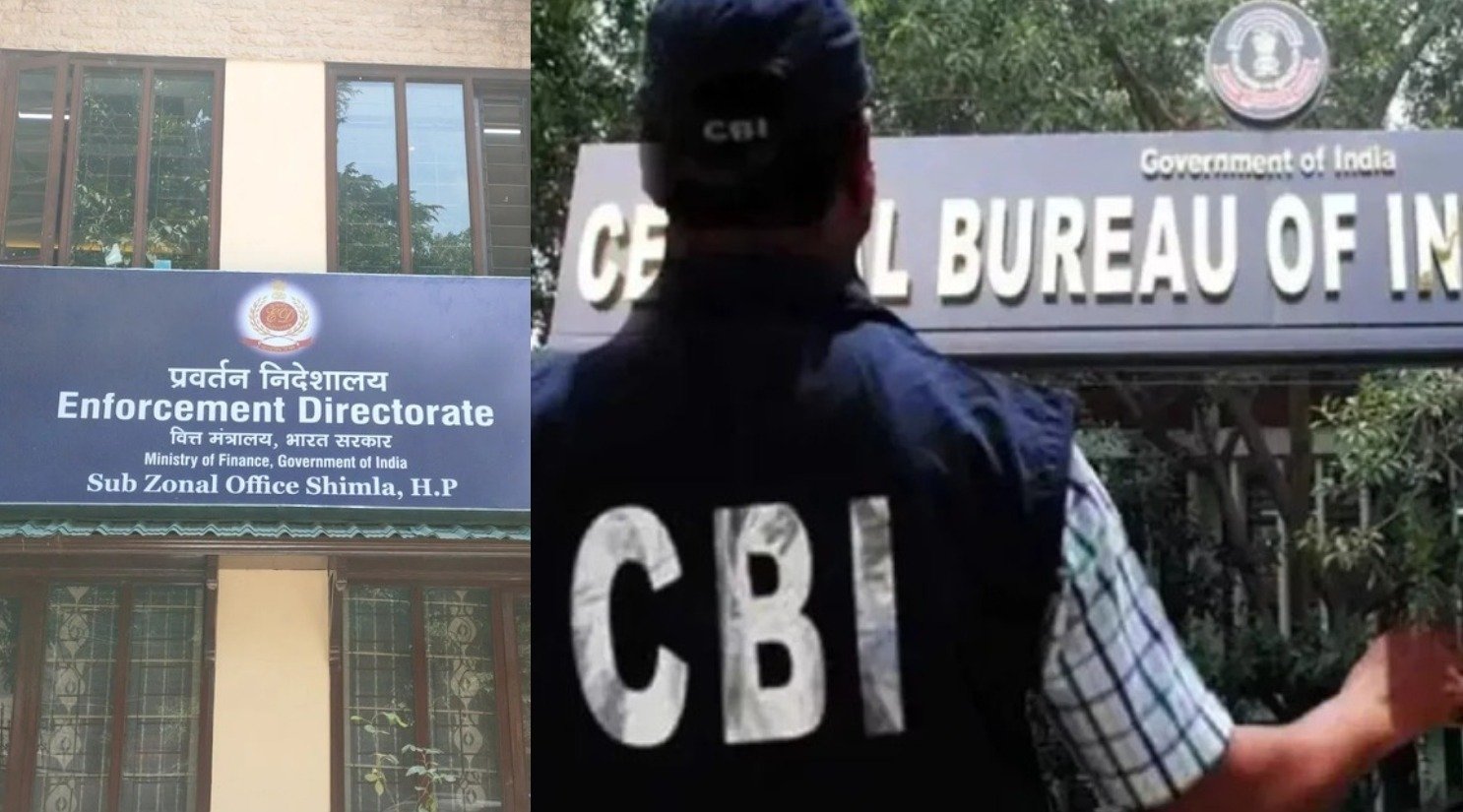State has nearly 20% voters from Dalit community
Sunil Chadha
DHARAMSHALA: The s*uicide of senior Haryana IPS officer Y Puran Kumar has snowballed into a politically explosive issue, threatening to derail the BJP’s outreach to Dalits ahead of the upcoming Bihar Assembly elections where Scheduled Castes (SCs) account for nearly 20% of the electorate.
Sensing an opportunity to corner the ruling party, the Congress is planning state-wide candle marches in Punjab on Monday and is likely to intensify its campaign in other states with significant Dalit populations, especially Bihar, where Dalit votes can swing outcomes in over 100 constituencies.
The case has resonated deeply across northern India, especially within Dalit communities, after Kumar, a 1997-batch IPS officer, was found dead at his Chandigarh residence on October 7, leaving behind an eight-page suicide note accusing senior IAS and IPS officers of caste-based harassment.
Congress senses political leverage
Leading the attack, Punjab Congress president Amrinder Singh Raja Warring has demanded the arrest of Haryana DGP Shatrujeet Kapur, one of the officers named in the suicide note. “Remove the DGP, handcuff him and put him behind bars,” Warring said, questioning how ordinary Dalits could expect justice if a senior officer from the community wasn’t protected.
Congress sources say the party is contemplating high-profile visits to Chandigarh by Sonia Gandhi and Priyanka Gandhi Vadra to pay respects to the bereaved family, a move designed not just as a gesture of solidarity, but also to reassert the Congress’s pro-Dalit image.
The party has also accused the BJP of using communal and caste polarisation as an electoral tool, especially in states like Bihar and Uttar Pradesh. “This isn’t an isolated incident,” said former Punjab CM Charanjit Singh Channi, himself a Dalit leader. “This is the result of a deeply rooted Manuvadi ideology, which continues to discriminate against Dalits in bureaucracy and beyond.”
Bihar: Why this matters now
Bihar is scheduled to go to polls in November 2026 and preparations are already underway. The Scheduled Caste population in Bihar is approximately 20%, with sub-groups like Paswans and Musahars forming critical vote banks.
In previous elections, the BJP and JD(U) alliance tried to woo Dalit voters through targeted welfare schemes and symbolic representation. But the Y Puran Kumar case threatens to undo some of that groundwork, especially if Congress and regional rivals manage to frame it as a systemic failure rooted in caste bias within BJP-ruled states.
A senior Congress strategist said: “This case gives us a real issue to rally Dalit youth, especially educated ones who feel alienated from the system. If a senior IPS officer can face this kind of harassment, it exposes what’s happening lower down.”
The allegations and political fallout
Y Puran Kumar, known for his administrative acumen, allegedly faced repeated casteist slurs and humiliation at the hands of senior bureaucrats, according to the note he left behind. His wife, senior bureaucrat Amneet P Kumar, has demanded that all officials named in his note be booked under SC/ST Prevention of Atrocities Act.
However, the Chandigarh Police, which operates under the Union Home Ministry, has not included all the names mentioned in the note in the official FIR, a move that has sparked allegations of political interference.
Congress and Dalit organisations have termed this a deliberate act of shielding high-ranking officers and have pointed fingers at the BJP-led Centre for the alleged cover-up. Dalit groups also held a massive congregation in Chandigarh on Sunday, with calls for a CBI inquiry into the matter.
BJP hits back, calls it ‘political opportunism’
Reacting to the growing protests, BJP Punjab media cell chief Vineet Joshi accused Congress and the ruling AAP in Punjab of politicising a personal tragedy. “These parties have their own history of failing Dalits. Now they’re pointing fingers at the BJP for their vested interests,” he said.
Haryana BJP leaders have so far refrained from commenting extensively on the allegations, possibly wary of fuelling the controversy further. However, the issue continues to dominate social media discourse and is being widely discussed on Dalit forums.






